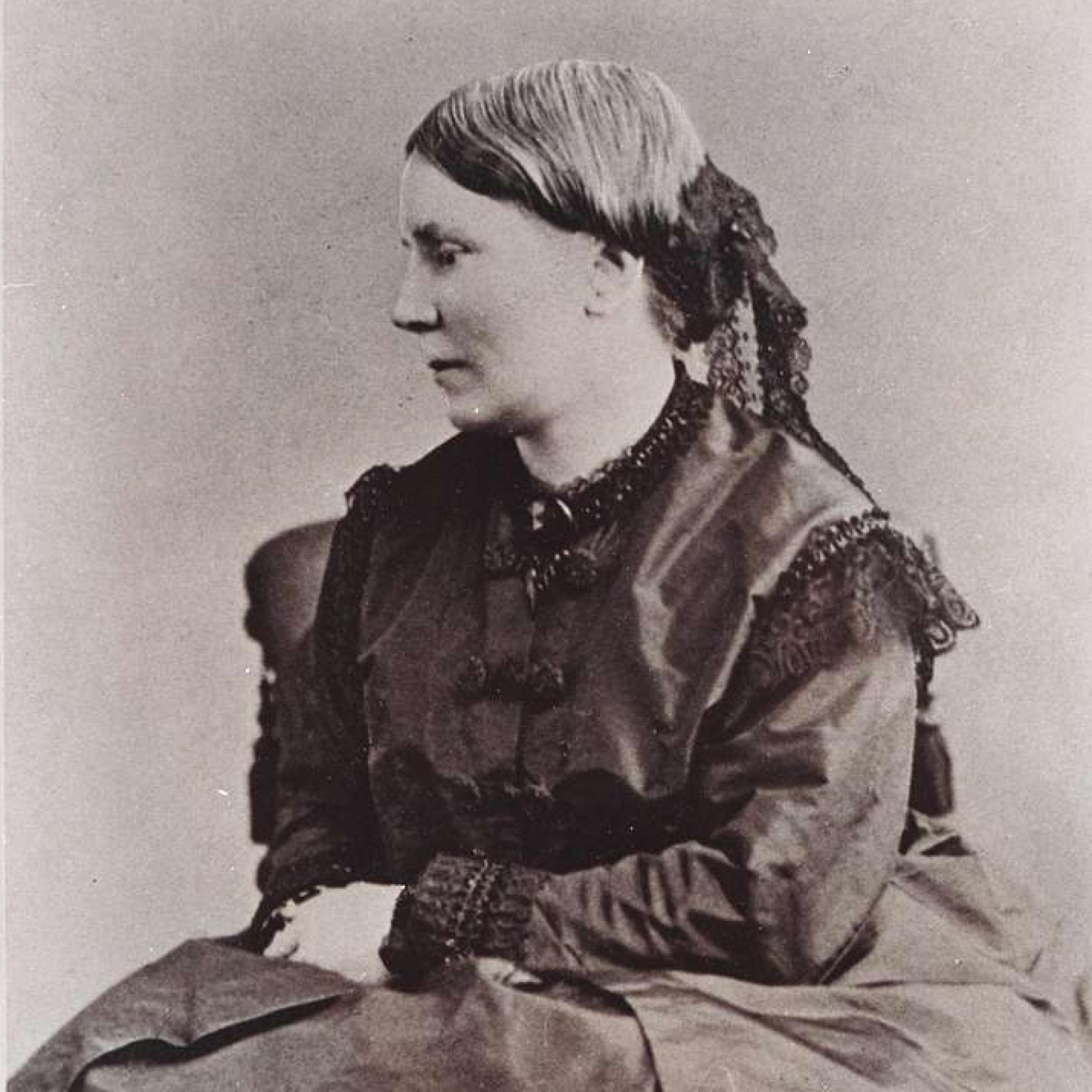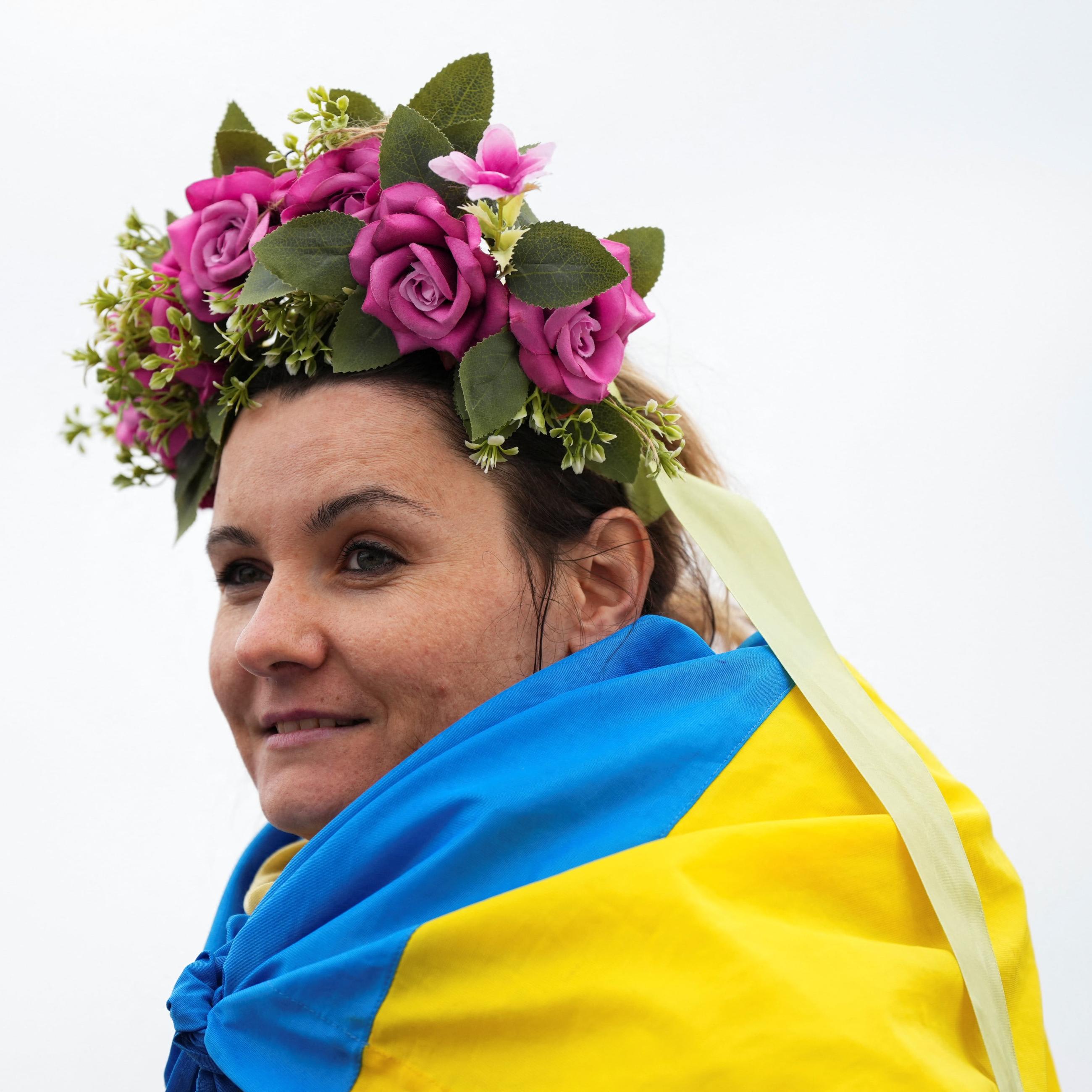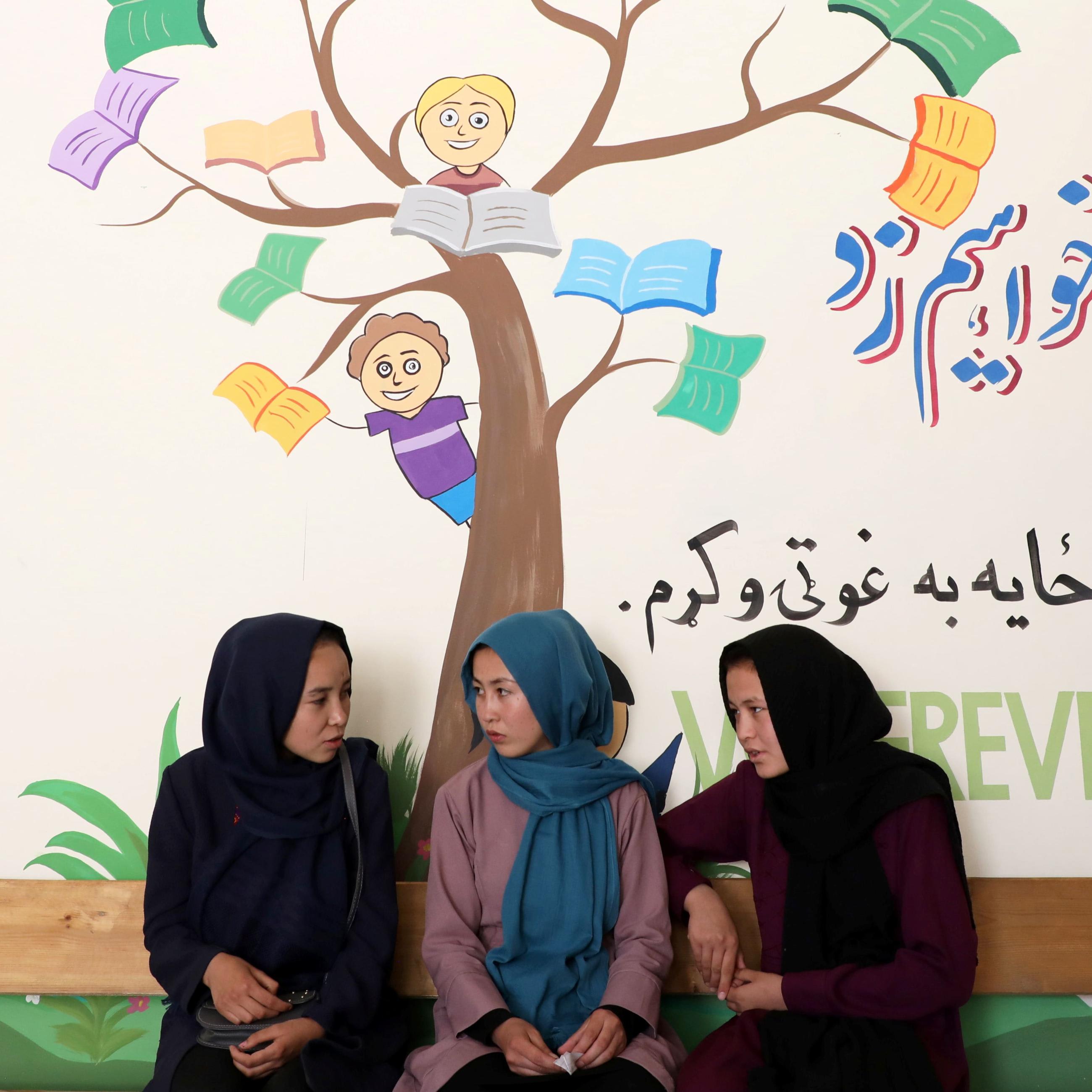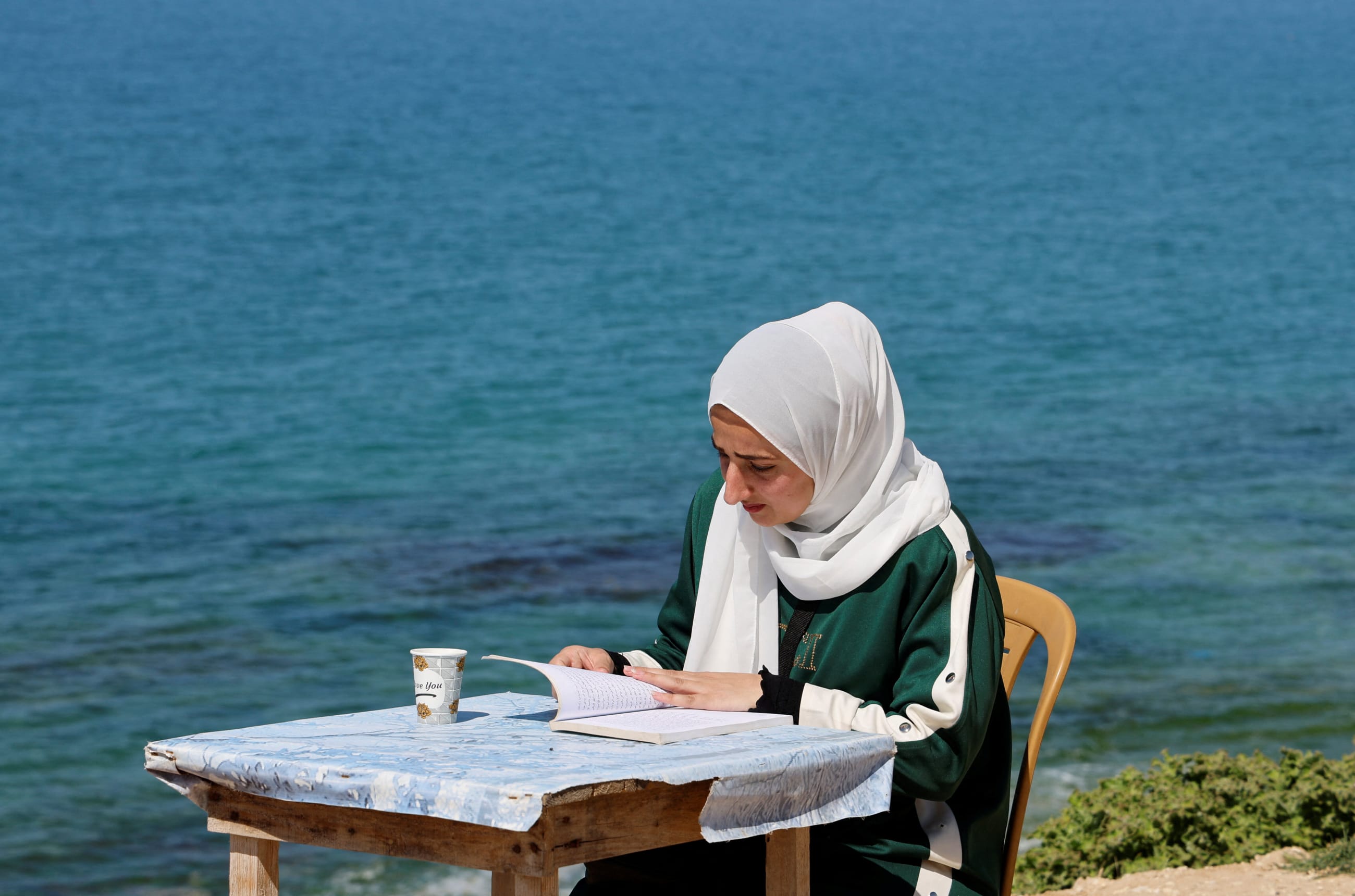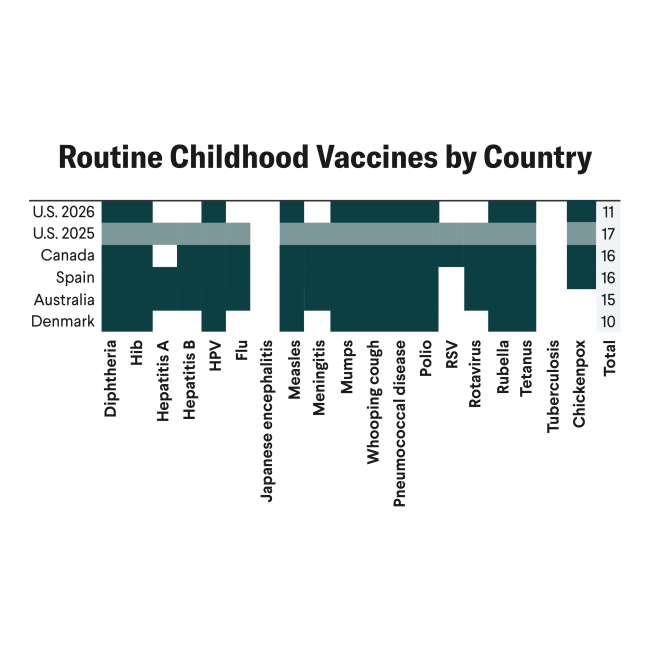Summer has arrived in the northern hemisphere, and there's no better way to take advantage of the long days than with a good reading list.
We asked our colleagues what books they're choosing to fill their days, and they do not disappoint. From biographies on the first female medical doctors in the United States, to a fictionalized romp through Ukrainian modern history, to a heartfelt memoir about a Iranian-American's journey with bipolar disorder, the Think Global Health book recommendations span enough topics and genres to fill your summer season.
We hope you enjoy!
